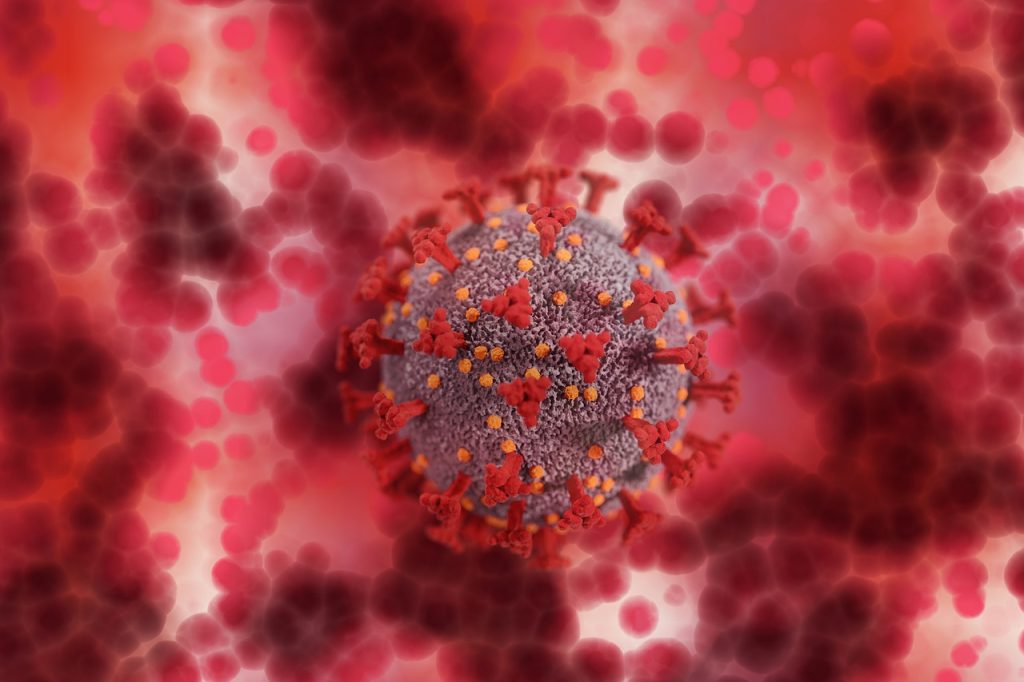
A new study published in PLOS One found that COVID infection is associated with a nearly six-fold increase in cardiovascular disease (CVD) diagnoses over 12 months after the infection.
The study analysed of UK electronic health records, comparing the risks of new diabetes mellitus (DM) and CVD diagnoses in the 12 months after infection. Researchers matched a cohort of 428 650 COVID patients matched to controls.
There was an 80% increased risk of DM diagnosis in the first month after COVID infection, a trend that has been echoed in previous studies, although those studies’ results seem to indicate a temporary form of the disease resulting from the acute stress of viral infection.
The findings showed that the largest increases were in pulmonary embolism (Relative Risk [RR] 11.51) and in atrial arrhythmias (RR 6.44). New CVD diagnoses rose five weeks after infection and incidence declined within 12 weeks to a year and returned to baseline or showed a net decrease. Increased risk for new DM diagnoses remained elevated by 27% for up to 12 weeks.
“It’s definitely reassuring that over the longer timeframe, cardiovascular disease and diabetes risk does seem to return to baseline levels,” study author Emma Rezel-Potts, PhD, told The Guardian. “But we do have to be cautious in the acute period with cardiovascular disease and take note that the risk of diabetes seems to be elevated for several months, so that could be a good opportunity for risk prevention.”
She also stressed that the findings could be explained by many factors. For example, the COVID patients in the study were more likely to be overweight and had more underlying health problems compared to uninfected controls, predisposing them to DM and CVD. Additionally, some may have had underlying conditions which were discovered when they were treated for COVID.
Source: The Guardian

